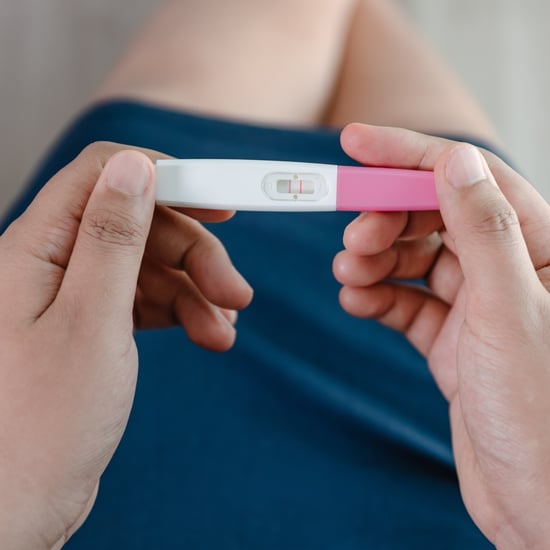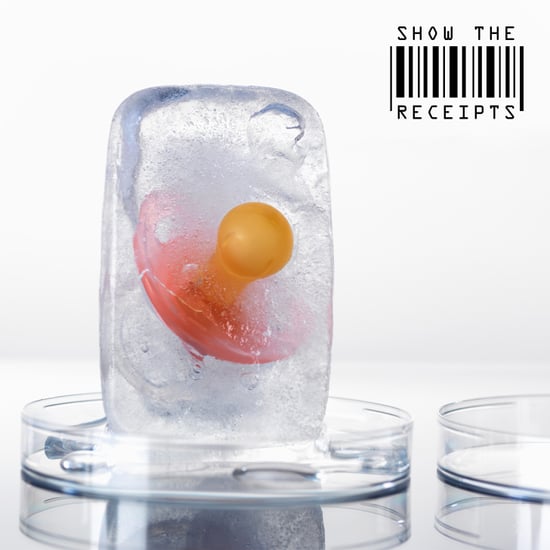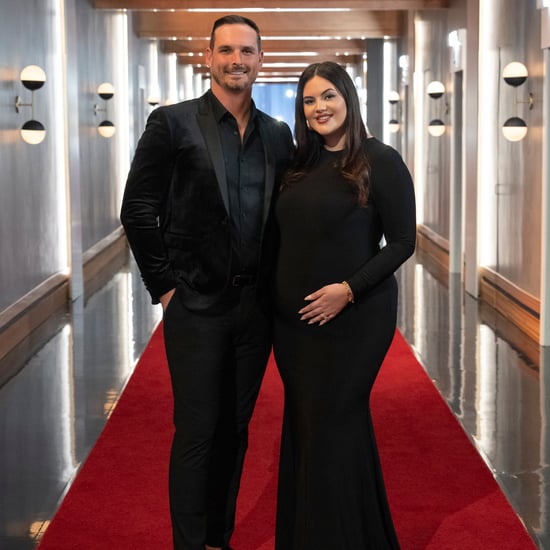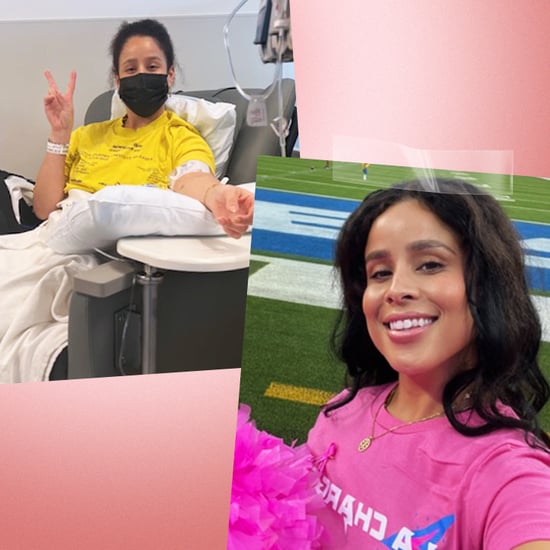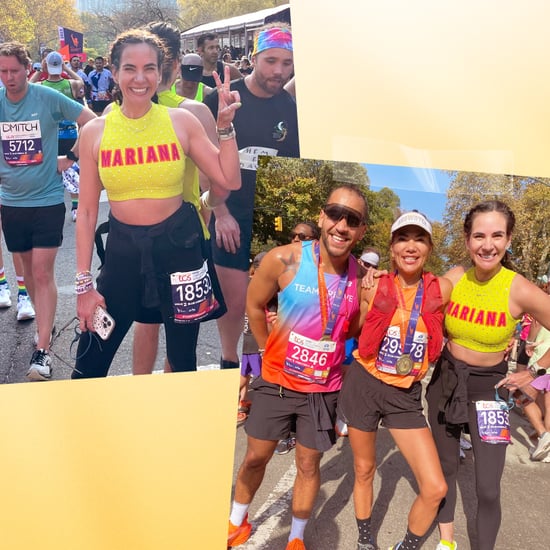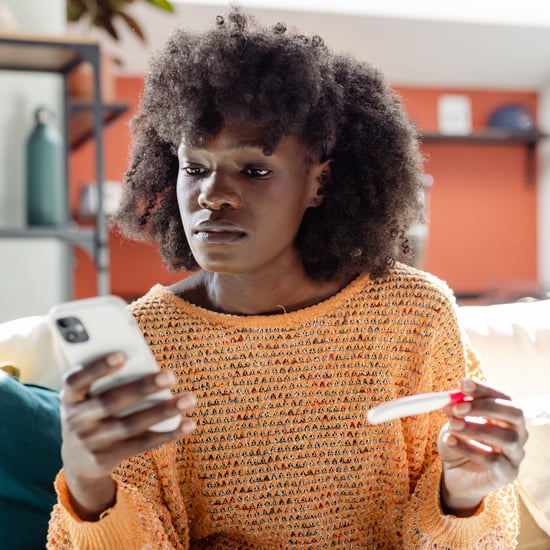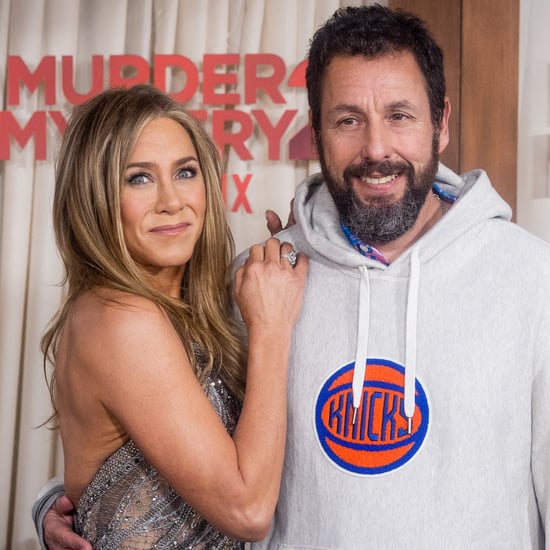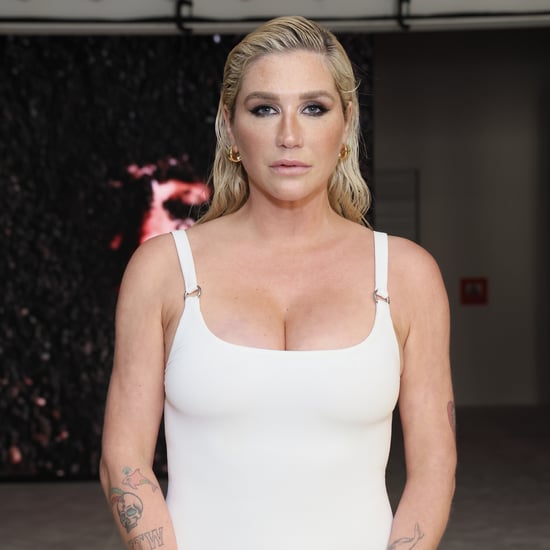
What Does Egg Freezing Involve?
The Truth About Freezing Your Eggs, From Women Who Have Done It
At 39 years old, Brigitte Adams was single and not happy about it. “I felt a sense that I had failed,” she told me. She wondered where she had gone wrong and asked herself: “Why am I single? Why do my friends have families?” It was a hard time in her life, Adams recalled, but she decided to do something about her desire to have a family. In 2011, at 39, she froze her eggs.
After weeks of blood tests, hormone shots, and doctor visits, Adams had a 25-minute outpatient surgery. Soon after, she got a call from the lab, and they gave her results. The doctor had retrieved 13 eggs and 11 were frozen. Adams hung up, content to have 11 eggs in the bank. It seemed like a lot, since it only takes one egg to make a baby. But when she came back to use them, things didn’t go as she expected.
“The word empowered was something I used after I froze my eggs, and it seems to be thrown around a lot,” Adams explained. “Well, you’re empowered on part-one.” While she had 11 eggs in cryostorage, women often need more than that to actually achieve a successful pregnancy through frozen eggs. Once you decide to use frozen eggs to conceive via in-vitro fertilization (IVF), the survival rate for each egg and eventual embryo goes down dramatically.
“You got some money in the bank, but that doesn't mean you're going to get your dream house.”
“When I finally was ready to use my eggs after six years on ice, only one of them was genetically normal out of the 11 I had frozen,” Adams recounted. That embryo implanted, but stopped developing after 72 hours, and she experienced a chemical pregnancy, or early miscarriage. At 45, she had no other options for a biological child. Today, Adams would tell women freezing their eggs this: “You got some money in the bank, but that doesn't mean you're going to get your dream house.”
The Concept of Reproductive Insurance

When Adams froze her eggs eight years ago, there was barely any information out there about it. Her doctor gave her an IVF binder and told her to ignore the last 100 pages. As a response, she created Eggsurance, an online resource and support group for women like her. Even though egg freezing wouldn’t ultimately work for her, Adams became a sort of poster “child” for egg freezing as it started to gain in popularity. She thought — and still thinks — women deserve information and access to this powerful tool that could preserve their fertility.
In just the short time since Adams started her journey, egg freezing has boomed following the American Society for Reproductive Medicine’s 2012 decision to drop the “experimental” label from the procedure. And in 2018, ASRM issued new guidelines about proactive egg freezing, saying it should not be trivialized with terms like “freezing for non-medical reasons.”
When it’s used as a form of fertility preservation, egg freezing is often presented as reproductive insurance. Make this investment now, and you’ll have a backup plan for getting pregnant should you need it. This frees up time to pursue other goals, like advancing your career, finding the right partner, or simply enjoying the freedom of life without kids for a little longer. But perhaps — as Adams learned — reproductive “gambling” would be a better analogy. When you freeze your eggs, you’re betting (a lot of) money on an outcome that has low odds. The truth is we need more data about what happens after women come back to use their eggs to make a baby. And what we do know suggests women need a lot more eggs than they would think to have a successful pregnancy. The bottom line: egg freezing can keep alive the possibility of having a child at an older age, and that is powerful. But it’s far from a guarantee.
Egg freezing frees up time to pursue other goals, like advancing your career, finding the right partner, or simply enjoying the freedom of life without kids for a little longer.
What Does Egg Freezing Involve?
The first child was born from a frozen egg in 1986. The process has been around for decades and was initially offered to women for medical reasons, typically because they needed to undergo chemotherapy. In the past decade, planned egg freezing has gained traction, as more women decide to freeze their eggs in order to effectively pause their biological clock. The idea is based on the fact that the quality of a woman’s eggs declines as she gets older, while her uterus typically retains its ability to carry a pregnancy long after her eggs become nonviable or nonexistent. It’s possible for a woman to carry an embryo conceived with relatively young eggs into her 60s. Just consider this 61-year-old woman who acted as a gestational surrogate and gave birth to her granddaughter.
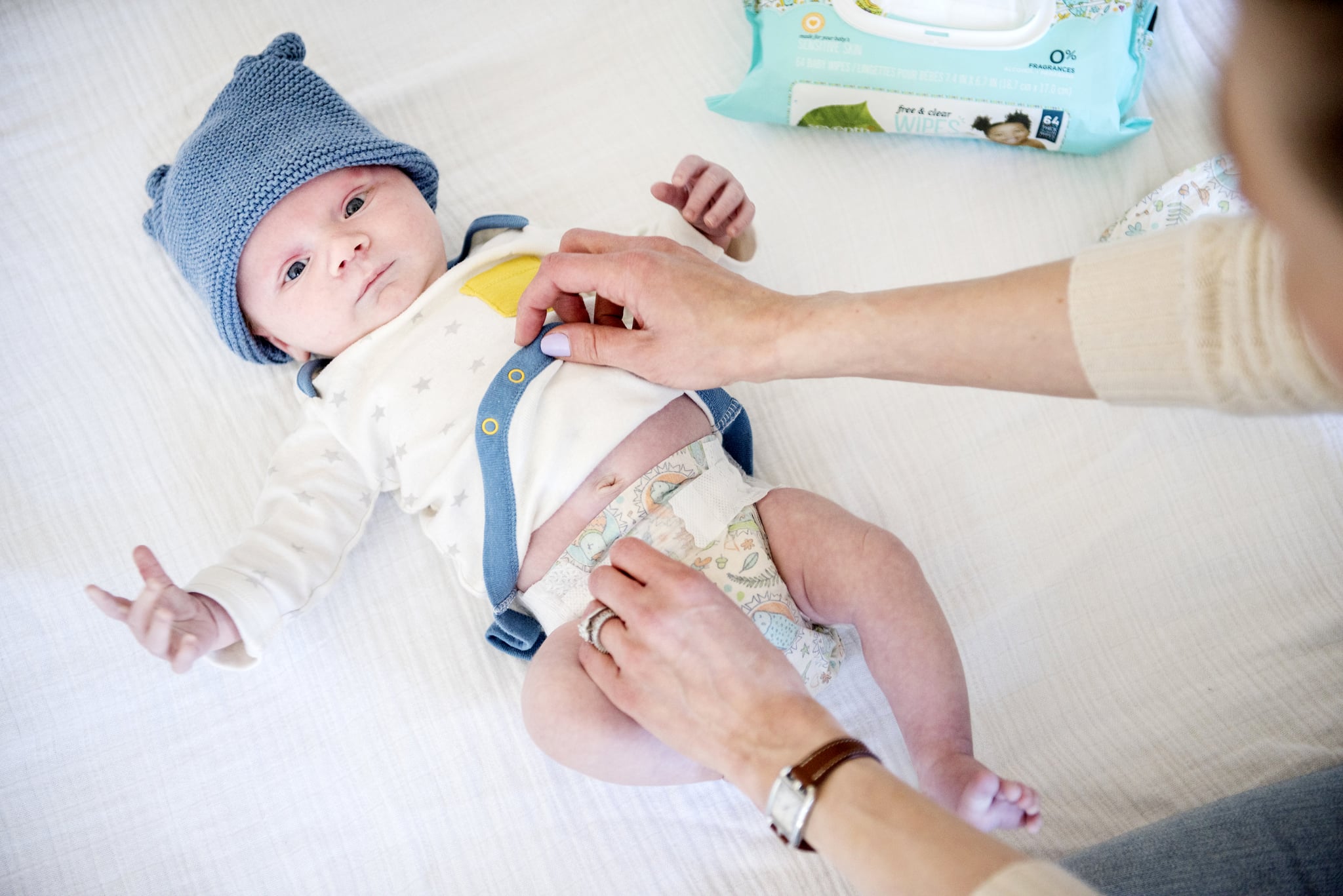
The quality of a woman’s eggs declines as she gets older, while her uterus typically retains its ability to carry a pregnancy.
So how does it work? Basically, egg freezing involves the first steps of IVF, as the site FertilityIQ explains. Once you find a clinic that’s a good fit, you will undergo diagnostic tests. This can include blood tests and ultrasounds. If you’ve been taking hormonal birth control or have other issues, you might need a few months to get your body back on track. Once it is, you will order and prepare your medication.
When you’re ready to begin — which is based on the timing of your period cycle — you will start daily hormone shots for about two weeks. Usually, our bodies produce one mature egg every month. Instead, the hormones will induce the follicles on your ovaries to produce many more mature eggs, usually about 10 to 20. During this period, you will go to the doctor daily to monitor the progress. Once the eggs are mature, you will give yourself a “trigger shot” to trigger ovulation. About 36 hours later, you will have the eggs surgically retrieved via your vagina while under general anesthesia. This takes less than an hour. After the eggs have been retrieved, they will be stored at your fertility clinic.
The process of egg freezing is expensive. Data show that most women will do two or more cycles, at about $15,000 per cycle. The cost of storing your eggs starts at about $500 a year. You will then have to pay anywhere from $7,000 to $20,000 if you decide to use them.
What Influences Success?
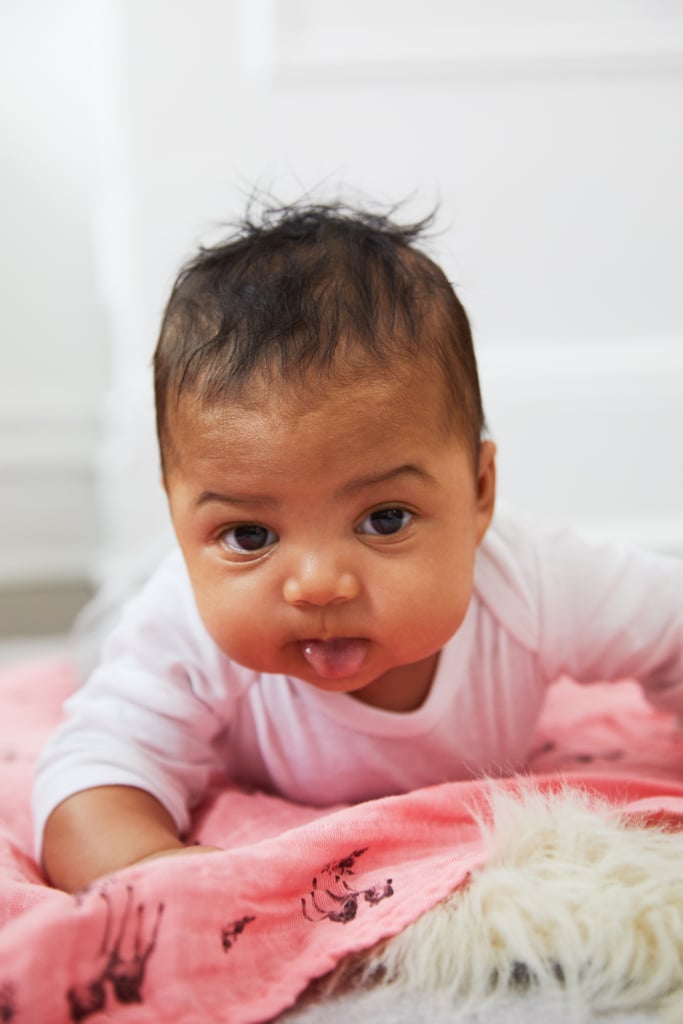
If and when a woman chooses to use eggs, she will complete the IVF process. The eggs will be thawed, and about 80 to 90 percent should survive that. Then, they will be fertilized, with 70 to 80 percent making it to the next step. After that, they will wait to turn into blastocyst embryos, with about 40 to 50 percent doing so. Out of those, 40 to 50 percent will be chromosomally normal. After a chromosomally normal embryo is implanted, it then has a 40 to 70 percent chance of resulting in a live birth. It’s helpful to think of it as a funnel.
Adam’s experience pretty much followed the odds. She started with 11 frozen eggs. Nine were defrosted, six fertilized. After five days, she had one genetically normal blastocyst. It implanted, but didn’t continue to be viable and she ended up with no baby. “When I talked to my doctor after my chemical pregnancy, I said: ‘Based on my results from six years ago, would you have foreseen this?’ He said, ‘Well yes.’ I asked: ‘Why didn't you tell me?’” Adams wished her doctor had been more transparent about what it took to achieve a pregnancy. “I wasn't counseled to do a second cycle, which I should have been at age 39 and based on my hormone levels,” she said.
The age at which a woman decides to freeze her eggs plays a major role in how likely she is to have a baby from them. “By freezing your eggs in your 20s or early 30s, you’re effectively taking your prime reproductive years with you, regardless of when you decide to actually become pregnant,” Dr. Peter Klatsky from the Spring Fertility clinic in the Bay Area explained to me. “If she freezes her eggs at a younger age, her success rates with IVF in the future and the health outcomes, like risk of Down’s Syndrome, will be tied to the age at which she froze her eggs. Not the age when she is using those eggs.”
“By freezing your eggs in your 20s or early 30s, you’re effectively taking your prime reproductive years with you.”
Since there is no guarantee and the success or failure of the process is not visible for many years, Klatsky told me, Spring will share in that risk. The clinic offers a 100 percent refund on the cost of egg freezing if you don’t achieve a successful pregnancy with them in the future. The thresholds for this guarantee, however, demonstrate when the clinic feels confident they can achieve success. To quality for the “Spring Promise” you must freeze more than 20 eggs before you’re 35 or more than 30 before you’re 38. Considering this, if you want to increase your odds of having a child from your frozen eggs, you will almost certainly have to do more than one round, which will cost tens of thousands of dollars.
Another factor that greatly impacts the chances of success with egg freezing is the specific clinic. Jake Anderson-Bialis, who founded FertilityIQ with his wife, Deborah, told me it’s a misconception that all fertility clinics are good, or even competent, at egg freezing. “Most clinics in the US have practically no track record,” he said. Anderson-Bialis explained that while many clinics may have frozen plenty of eggs, “most clinics have never actually thawed a frozen egg and so are completely unproven.”
Therefore, he said it’s crucial that women ask the right questions when evaluating where they will freeze their eggs. Curious, I asked Spring if they could share their stats on freezing and thawing. They told me that their current egg survival rate from egg freezing and thawing is 93 percent. At most centers, they said, women can expect 80 to 90 percent survival rates from the egg thawing process if the center has good experience. And the largest studies from the most experienced centers report 85 percent survival on average. Of course, thawing is just one part of the process. While there aren't many stats on overall success of pregnancy with egg freezing, one study found that women who froze 10 eggs at 36 years old had a 30 percent chance of having a baby with those eggs.
Who Is Freezing Their Eggs?
As with all fertility treatments, money acts as a gatekeeper. FertilityIQ tracks demographic information on women who freeze their eggs, and reports that the average woman who does egg freezing makes $190,000 per year. Some high-profile tech companies, like Facebook or Uber, will also subsidize the process for women, as will law firms or other competitive employers. In addition, FertilityIQ said that 70 percent of egg freezing in 2018 was done in New York and California. Right now, this option to preserve your fertility is clearly reserved for the more privileged in our society.
The average woman who does egg freezing makes $190,000 per year.
The less time on her biological clock, the more likely a woman might be to think about fertility preservation. But there’s evidence that younger women are starting to be more proactive. According to Spring, elective egg freezing represents 30 to 40 percent of their total practice and has grown proportionally since they opened in 2016. “When egg freezing was first offered from 2013 to 2015, the average age of women freezing eggs was between 37-40,” Klatsky said. “Today at Spring it is down to 33-34.” FertilityIQ said that nationally the average age of an egg-freezing patient was down to 36 in 2018.

Hoping to get a look beyond the statistics, I surveyed a few women in my network who have frozen their eggs. None of them have gone back to use them yet, but they shared their retrieval experience. One woman did two rounds at age 33 and 34 and was able to retrieve nine eggs total. She paid for one round out of pocket and another was covered by her employer. She would give other women this advice: “The earlier the better.” The results did not meet her expectations because she was able to freeze far fewer eggs than expected based on her follicle count.
Another, who was able to retrieve 14 in one round at age 33, said the results did meet her expectations and she would recommend it if you can afford it. She paid for her round from personal savings. This woman also thought the at-home medicine injections were not that bad and got easier each time. She felt bloated, but had no other significant side effects. “The actual retrieval was effortless on my end and the recovery was very quick. I was back at work the next day,” she said.
Adams’ site Eggsurance also features egg freezing stories from multiple women. Some of them are cautionary tales about what can go wrong. One woman shared how she lost all of her 18 eggs in an accident when they were shipped from a clinic in San Francisco to Los Angeles. Another opened up about how she developed Ovarian Hyperstimulation Syndrome (OHSS), a side effect of the injectable medication that happens in about 5 percent of IVF or egg freezing cycles and is more common with younger patients. Symptoms include rapid weight gain, tender ovaries, and nausea or vomiting. It usually resolves on its own.
Adams said that a few women she knows have gone back to use their eggs, and some went on to have successful pregnancies with them. One such woman, named Kayla, documented the journey to single motherhood on her blog after she froze 13 eggs at age 37 and used them three years later. Only two of the six eggs she chose to defrost made it past the thawing stage, but one made it to an embryo and successfully implanted and developed. She is now a mom.
The Growing Business of Egg Freezing
Adams joked that egg freezing is the new teeth whitening — at least for those who can afford it. Contributing to the boom is both more visibility about egg freezing in the media and new startup companies trying to spread the word about fertility preservation options.
Future Family, for example, will offer fertility testing for women and creative financing for egg freezing (and IVF). You can pay $175 per month with no down payment for five years to cover all the expenses involved with egg freezing, from the initial screening to the first year of cryostorage.
You can pay $175 per month with no down payment for five years to cover the expenses involved with egg freezing.
Modern Fertility is another such startup. They provide fertility tests like Future Family. For $150, you can measure your levels of AMH (anti-mullerian hormone) and FSH (follicle stimulating hormone) and try to get an understanding of how much time you might have left on your specific biological clock. You can then follow up with a doctor about your results and discuss next steps, which could involve egg freezing. “No test can indicate positive or negative fertility,” Dr. Nataki Douglas MD, PhD and Chair of the Modern Fertility Medical Advisory Board told me. “However, education, combined with the results of hormone tests such as AMH, can help women make informed decisions about family planning and balancing the desire for biologic offspring with other personal and professional goals.”
Anderson-Bialis of FertilityIQ is skeptical of such tests. According to research, testing AMH can give an idea of the quantity of the eggs, but not the quality. And blood tests can’t give you an idea of how easy it will be for you to get pregnant naturally. “If a woman has a reading that makes her feel nervous and she freezes her eggs, she may have been needlessly scared and cajoled into freezing her eggs for no purpose. And at $30,000 for two rounds of freezing, plus the pain of a surgical procedure, that's a big deal. The flip-side is true, someone could read these tests, get complacent, think they can wait, and get themselves in big trouble.”
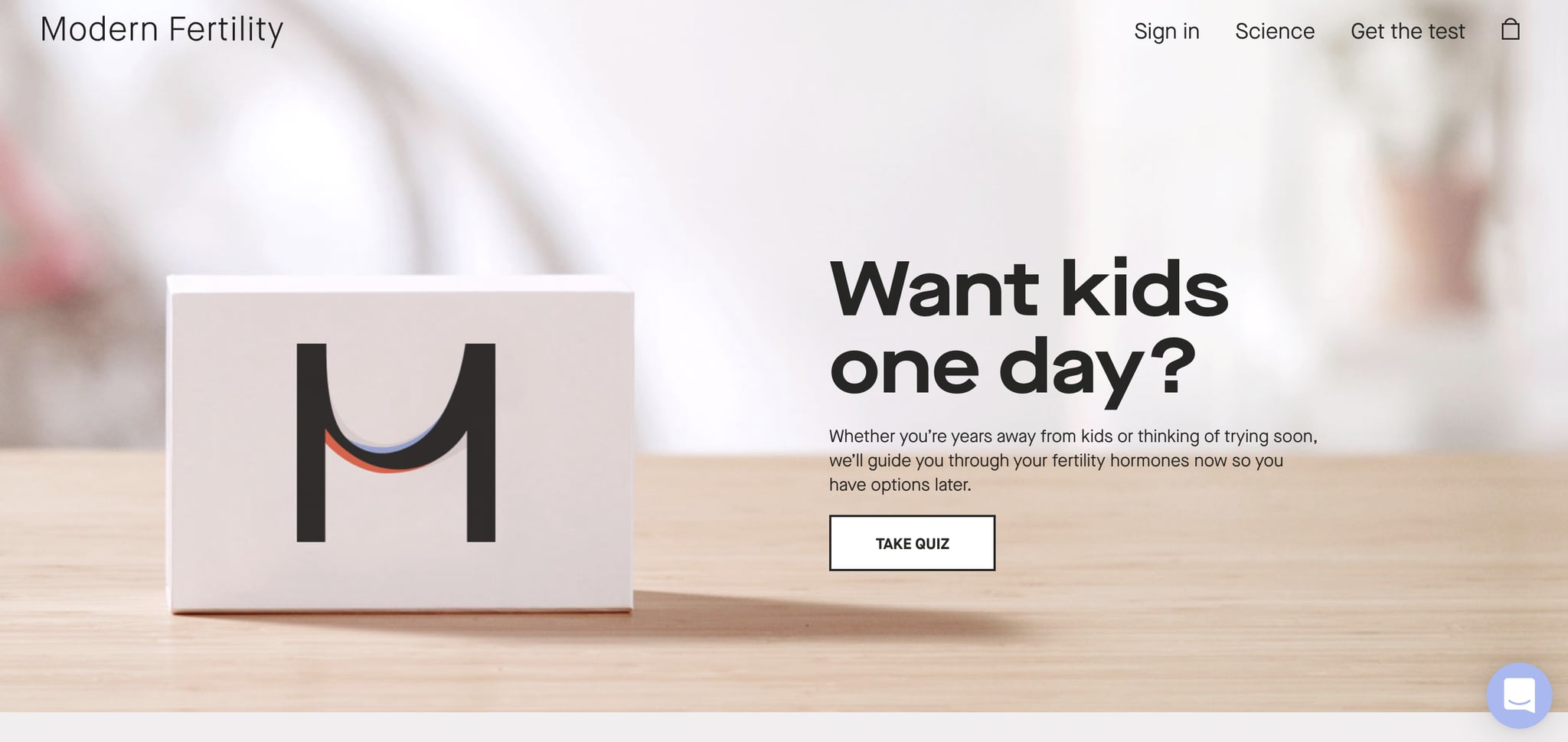
Dr. Klatsky of Spring Fertility clarified the limitations of these tests for me: “They do not reveal anything about your ability to get pregnant. FSH is an old test and not very reliable. AMH is very helpful for treatment planning and counseling, as it can give us a general sense of how many follicles are in a woman’s ovaries and therefore how many eggs we can expect to collect during the ovarian stimulation process as a precursor to egg freezing or IVF,” he said. But, as Klatsky explained, AMH does not reflect any information about the health or fertility of those eggs, which is another factor in whether egg freezing will work. “The greatest indicator of quality of an egg is the age of the woman at the time the egg is ovulated,” he said, another reminder that the earlier you freeze your eggs, the more likely you are to find success. Klatsky also added that he generally recommends that patients come in for an ultrasound for a more exact understanding as to how many follicles they have.
Dr. Douglas of Modern Fertility said she takes a similar approach to advising patients based on their personal circumstances. “When women bring up the idea of egg freezing with me, I discuss age, overall aspirations for personal and professional life, emotional support from family and friends, and results of ovarian reserve testing.” She said all of these areas, and more, factor into whether egg freezing is the best decision. “It is always ultimately the woman’s decision,” she added.
It’s true that access to egg freezing can help women take more control over when they have children. I started to think about it like the birth control pill, another revolution in reproductive medicine that let women delay and control the timing of parenthood. Adams told me that the analogy doesn’t quite hold up, though. “The pill is an immediate thing. You have your next period or not. Your eggs could be on ice for years. I was lulled into this sense that they'll be fine,” she admitted.
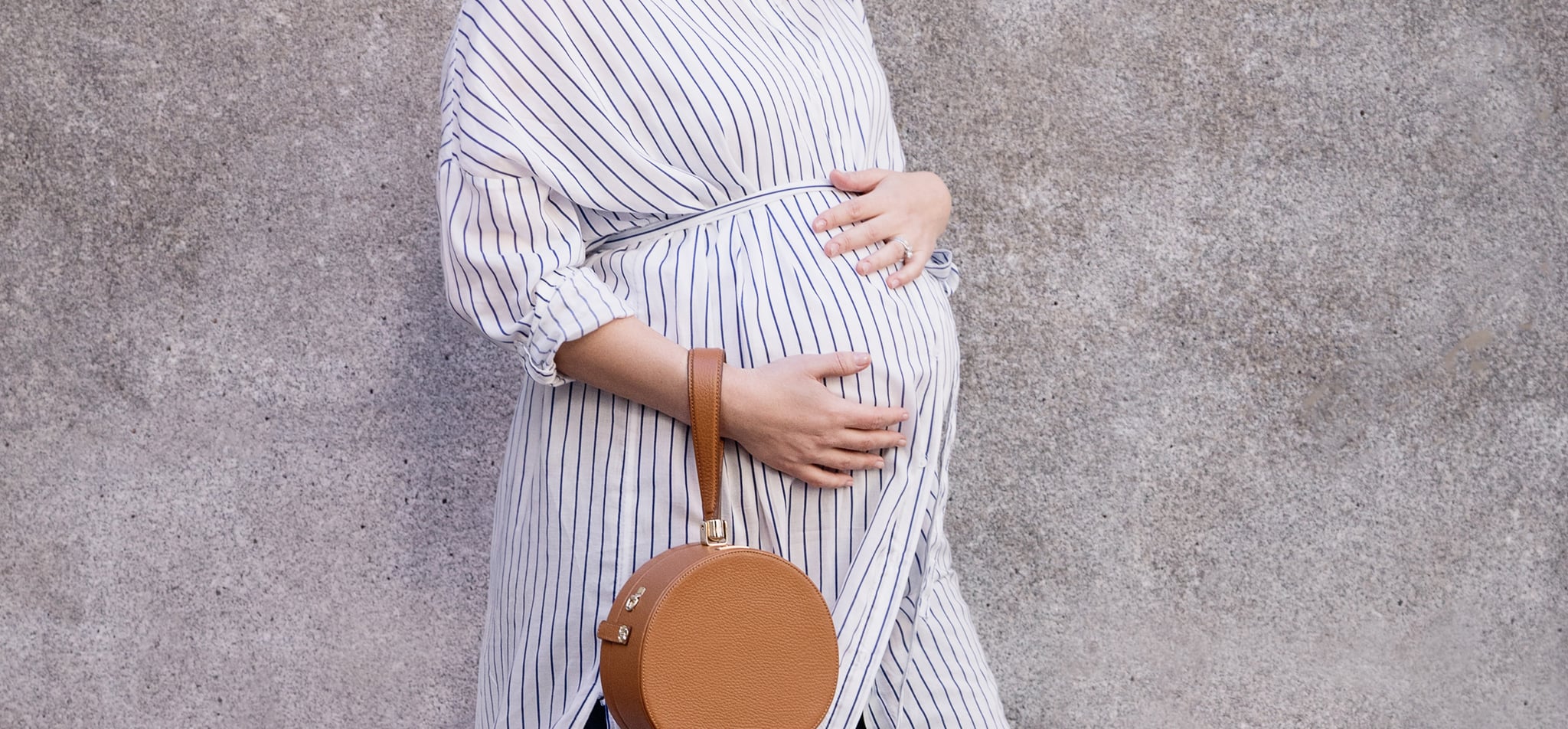
The increased commercialization of egg freezing is also susceptible to preying on women’s fears about their biological clock in order to make a profit. It’s true that the younger you freeze your eggs the better results you’ll get. But many of these young women will not experience future fertility problems. The egg-freezing industry is creating a demand for the first part of IVF among women who will never come back to complete the process.
It does seem that unlike with Adams’ experience in 2011, however, new players in the fertility business are more upfront about the possibility of success with egg freezing: “If a woman wants to delay childbearing, egg freezing may provide options if she is unable to conceive in the future,” Dr. Douglas said, “however, we don't have much data on the number of women who actually use their frozen eggs.” Dr. Klatsky said something similar. “We like to call egg freezing an imperfect insurance plan. There are no guarantees.”
90 percent of the women who freeze their eggs never return to use them.
Therein lies the issue. Egg freezing might not be experimental anymore, but it’s still in the beginning stages of widespread use. Right now, 90 percent of the women who freeze their eggs never return to use them. Many get pregnant naturally. “I think egg freezing is spectacularly valuable so long as people understand the limitations of the approach, the track record of the clinics, the true costs, and the ultimate odds of use,” Anderson-Bialis explained.
As for Adams, she achieved her goal of becoming a mom. As we talked on the phone about her journey, she was nursing her 11-month-old daughter. I could hear the baby babbling in the background. “I ended up using a donor egg and donor sperm,” she told me, noting she carried the baby herself. Adams said that when she found out she only had one embryo, she was adamant that she wasn't going to use an egg donor. But it took her a lot to get pregnant, as she had to have a hip replacement and fibroid surgery before her initial unsuccessful chemical pregnancy. “At that point I just really wanted to be a mom,” she said.
Adams now accepts there are so many different ways to get pregnant or become a mother. “I realize I have no opinion of anyone else's way to motherhood after going through what I did. Everyone gets there how they can.”



